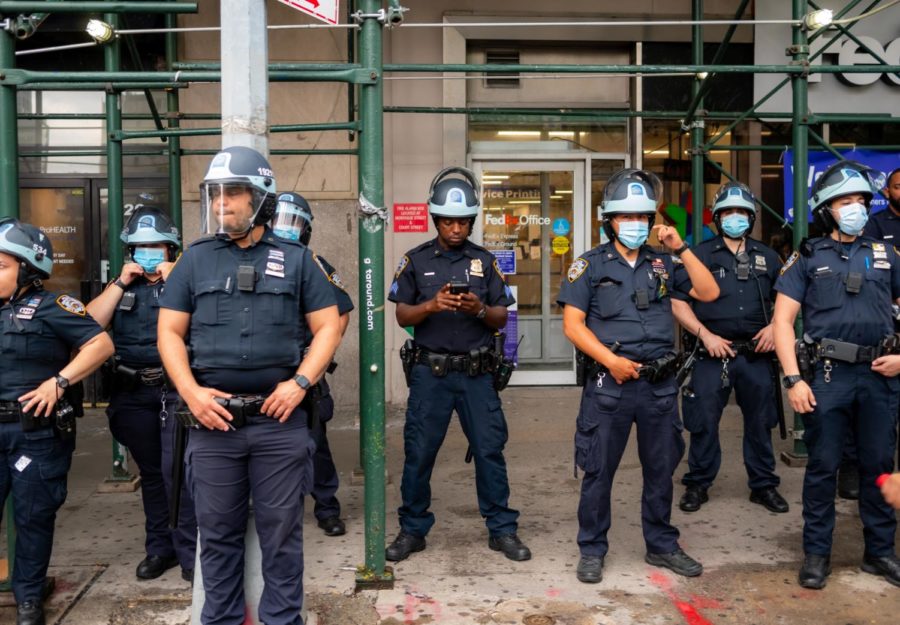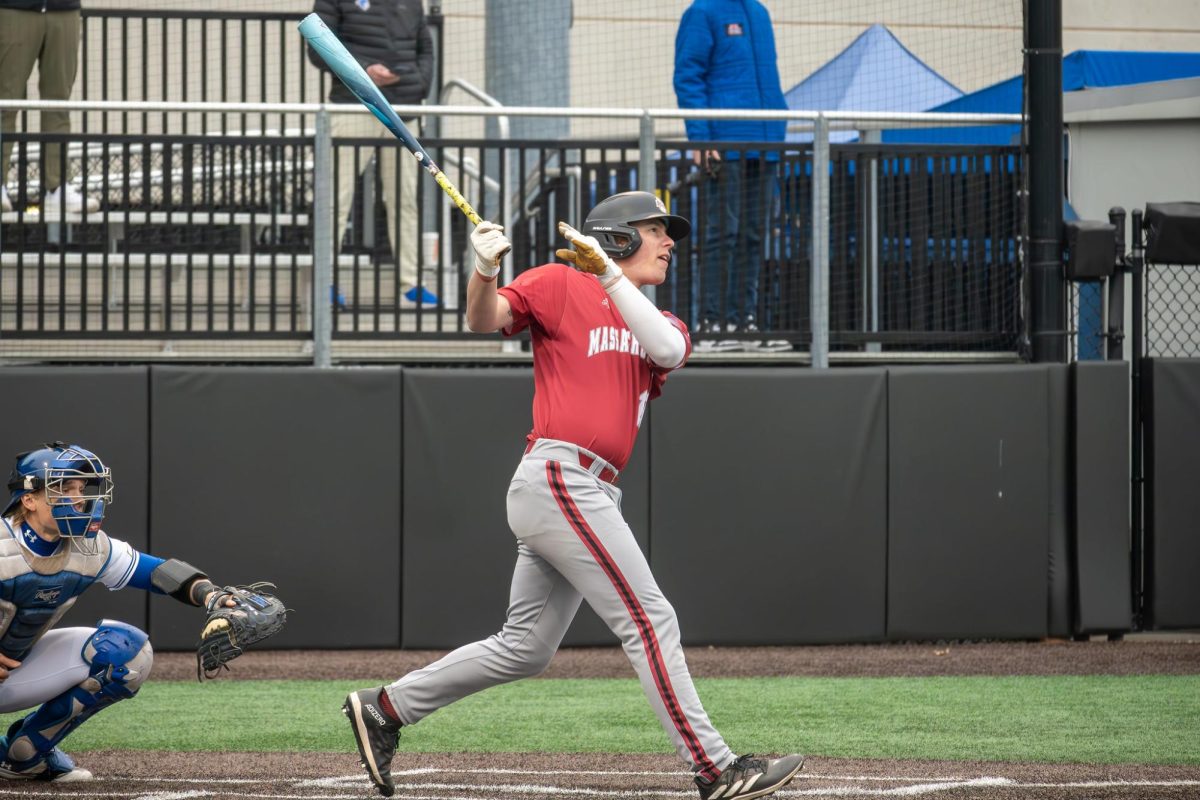A recent investigation by the Boston Globe revealed former Boston Police Union President Patrick M. Rose Sr. was found to have likely sexually assaulted a 12-year-old by an internal investigation by the Boston Police department back in 1995. Yet despite this, Rose “kept his badge, remained on patrol for another 21 years, and rose to power in the union that represents patrol officers,” as the Globe reported.
Rose now faces 33 counts of sexual abuse regarding minors as young as 7. At the expense of the other children he went on to molest, Rose was not simply removed from his job, but allowed to thrive and gain even more power within the system, giving him more access to field calls and situations in which he was alone with minors in sensitive situations.
Even considering the bare minimum, at the very least Rose should have been fired, if not tried and imprisoned for a sentence reflective of the gravity of his crime. Keeping child molesters away from positions of power, ones which give them far too much leeway to abuse even more people, should be an obvious choice. Yet Rose was blindly protected by a system designed to keep officers from taking the brunt of even the most heinous of their actions, allowing them to work uninhibited and continue the same misconduct without even receiving basic penalties.
Rose’s membership and subsequent leadership position within the Boston Police Union was no coincidence. Police unions, and the power they hold, are an integral component of this system,
A report on policing in Chicago published on April 26, 2016 by the Police Accountability Task Force after 17-year-old Laquan McDonald was killed by Chicago Police Officer Jason Van Dyke found that police unions were instrumental in allowing the officer to continue serving on the police force despite an extremely telling history of misconduct. Van Dyke had 20 citizen complaints against him, most of which involved the use of excessive force, logged by his precinct. Van Dyke was no outlier, however, and the report found that “[t]he collective bargaining agreements between the police unions and the City have essentially turned the code of silence into official policy.” These bargaining agreements are one of the cornerstones of union power, as they are key to forming a strong internal effort to hush up any news of misconduct acted out by one of their officers.
The powers police unions have to shield officers accused of misconduct veers into territory more aptly categorized as the abuse of power. When taken to such an extreme, the actions of police unions no longer become about keeping their members safe from workplace abuse, but instead about providing them the ability to continue their careers uninhibited by the consequences of their actions. This breeds a culture of unaccountability that allows the police in this country such blatant disregard of laws they themselves are supposed to uphold.
Police unions have a concerning record of directly opposing reform, using their plentiful monetary resources to undertake extensive lobbying efforts, as well as what amounts to coercion, to block legislation and initiatives aiming to curb police violence. According to the New York Times, one example of such coercive tactics occurred when the Minneapolis Police Department allegedly organized members of the union to delay responses to emergency calls from constituents of Minneapolis city councilman Steve Fletcher after he “sought to divert money away from hiring officers and toward a newly created office of violence prevention.” The ramifications of a union essentially blackmailing a politician to prevent reform is extremely concerning, and the particularly high rate of membership in unions by police officers is what allows them to undertake organized and malicious efforts such as these.
Incidents like this are not isolated ones, however, and an investigation by The Guardian revealed police unions in Los Angeles, New York City and Chicago have funneled over 87 million dollars into campaign contributions and lobbying efforts on the local and state levels over the last two decades. In local government, where such money has a much larger impact, the effects of this spending are magnified to the point where politicians must either support the union and their stances blindly or risk losing their elections, now subject to attack campaigns funded by the deep pockets of the unions.
These unions have created an environment that is hostile to any form of reform, and reform, therefore, needs to start with these unions. The power police unions have, and the way they can abuse it to shield members from all types of disciplinary action indiscriminately, is something no other form of organized labor has. The number of officers just like Rose and Van Dyke who have documented records of heinous actions but still populate the ranks of police are far too many in number. It is time police officers were actually held accountable for their actions.
Srija Nagireddy can be reached at [email protected].




















